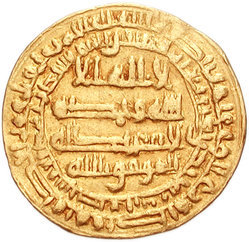| Years |
|---|
| Millennium |
| 1st millennium |
| Centuries |
| Decades |
| Years |
| 871 by topic |
|---|
| Leaders |
| Categories |
| Gregorian calendar | 871 DCCCLXXI |
| Ab urbe condita | 1624 |
| Armenian calendar | 320 ԹՎ ՅԻ |
| Assyrian calendar | 5621 |
| Balinese saka calendar | 792–793 |
| Bengali calendar | 277–278 |
| Berber calendar | 1821 |
| Buddhist calendar | 1415 |
| Burmese calendar | 233 |
| Byzantine calendar | 6379–6380 |
| Chinese calendar | 庚寅年 (Metal Tiger) 3568 or 3361 — to — 辛卯年 (Metal Rabbit) 3569 or 3362 |
| Coptic calendar | 587–588 |
| Discordian calendar | 2037 |
| Ethiopian calendar | 863–864 |
| Hebrew calendar | 4631–4632 |
| Hindu calendars | |
| - Vikram Samvat | 927–928 |
| - Shaka Samvat | 792–793 |
| - Kali Yuga | 3971–3972 |
| Holocene calendar | 10871 |
| Iranian calendar | 249–250 |
| Islamic calendar | 257–258 |
| Japanese calendar | Jōgan 13 (貞観13年) |
| Javanese calendar | 768–770 |
| Julian calendar | 871 DCCCLXXI |
| Korean calendar | 3204 |
| Minguo calendar | 1041 before ROC 民前1041年 |
| Nanakshahi calendar | −597 |
| Seleucid era | 1182/1183 AG |
| Thai solar calendar | 1413–1414 |
| Tibetan calendar | ལྕགས་ཕོ་སྟག་ལོ་ (male Iron-Tiger) 997 or 616 or −156 — to — ལྕགས་མོ་ཡོས་ལོ་ (female Iron-Hare) 998 or 617 or −155 |

Year 871 ( DCCCLXXI ) was a common year starting on Monday of the Julian calendar.
